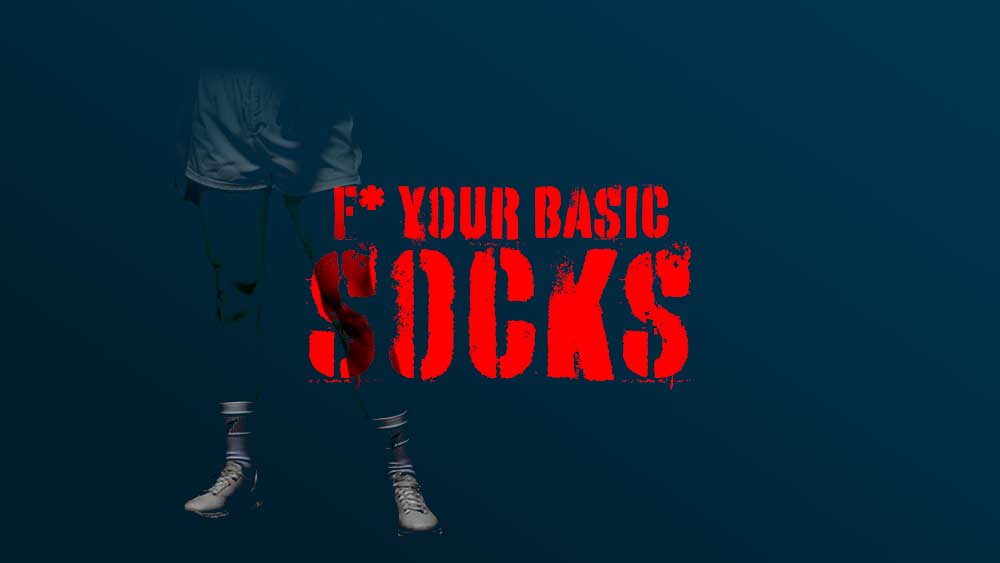NBA legend LeBron James is used to dominating headlines for his skills on the court, but now he’s making news for confronting a very different kind of threat — artificial intelligence. In a recent and unprecedented move, LeBron is taking legal action against an AI company that created and distributed bizarre deepfake videos of him, including one that falsely depicts him as pregnant. This case is sparking conversation across both the sports and tech worlds, and it highlights the growing dangers of deepfake technology.
What Happened?
It all began when strange and clearly fake videos of LeBron James began circulating on social media. One particularly viral clip showed a computer-generated version of LeBron lying on a couch, cradling a pregnant belly, and calling out to fellow NBA star Steph Curry. Another disturbing video showed a fake LeBron standing silently while other deepfaked celebrities acted out violent or sexual scenes.

These videos were created using an AI tool that allowed users to generate realistic fake footage of celebrities, including NBA stars. The platform that hosted the tool operated through a Discord server and allowed users to create videos using models of real people without their consent. Some of the content was so outrageous and inappropriate that it quickly drew attention — and not the good kind.
LeBron’s legal team swiftly stepped in. His attorneys sent a cease-and-desist letter to the company behind the AI tool, demanding that they immediately stop producing and sharing any content that used his image, voice, or likeness. Following the legal threat, the creators of the platform pulled the plug on the AI models that used real people, effectively shutting down the LeBron deepfakes and similar content.
Why Is LeBron Taking Legal Action?
For LeBron James, this isn’t just about protecting his reputation — it’s about setting a precedent. As one of the most recognizable athletes in the world, LeBron’s brand is worth millions. Allowing unauthorized, fake, and often absurd portrayals of himself to circulate unchecked could damage that brand, confuse fans, and even lead to misinformation.
The legal basis for his action likely centers around violations of publicity rights and intellectual property. In other words, no one has the right to use LeBron’s face or voice — especially not in a way that implies endorsement or participation — without his explicit permission. What’s more, these videos were not just parodies or jokes; some crossed into offensive, defamatory, or even potentially traumatic territory.
By taking this stand, LeBron is making it clear: celebrities are not fair game for AI manipulation. And with this action, he may be opening the door for other athletes, entertainers, and public figures to follow suit.
The Growing Danger of Deepfakes
LeBron’s case is just one example of how deepfakes are evolving from novelty internet content into a real threat. Deepfakes are AI-generated videos that make it appear as though someone is saying or doing something they never actually did. While the technology can be fun or creative in the right hands, it can also be incredibly harmful.
Here are some of the key dangers deepfakes pose:
1. Reputation Damage
A deepfake doesn’t need to be explicit to be damaging. Putting someone in a bizarre, humiliating, or offensive scenario — even if obviously fake — can still tarnish their public image. In LeBron’s case, the absurd pregnancy video might be laughed off by some, but it also risks being taken seriously by others or used maliciously.
2. Misinformation
Deepfakes can spread false narratives at lightning speed. Fake political statements, fake apologies, fake scandals — all could be used to manipulate public opinion. This could easily spill into the sports world too, with fake press conferences, fake trade announcements, or fake quotes going viral before anyone can confirm the truth.
3. Non-Consensual Content
Many celebrities, particularly women, have already been victims of explicit deepfake content that places their faces on adult film actors without their consent. It’s invasive, traumatizing, and nearly impossible to erase once it’s out in the world.
4. Financial Scams
Scammers are now using deepfakes of well-known figures — like Elon Musk — to promote fake investment opportunities. These videos can be extremely convincing and have tricked people into losing thousands of dollars. Imagine if a fake LeBron video endorsed a cryptocurrency scam — fans might fall for it.
5. Erosion of Trust
Perhaps the most insidious threat is the erosion of trust in video evidence. If videos can be faked so easily, how will we know what’s real? This poses serious risks not just for celebrities, but for society as a whole.
Other Notable Deepfake Cases
LeBron isn’t the first — and won’t be the last — public figure to be targeted by deepfakes. Some recent high-profile examples include:
Ukrainian President Volodymyr Zelenskyy
A deepfake video falsely showed him telling troops to surrender during the war, in an apparent attempt to manipulate morale.
Tom Cruise
A TikTok account using hyper-realistic deepfakes of the actor went viral, fooling millions of viewers.
Taylor Swift
Explicit deepfake images of the pop star were circulated without her consent, sparking public outrage.
Patrick Mahomes
After the Super Bowl, a deepfake showed him at a fake press conference, humorously insulting himself and his team — many viewers initially thought it was real.
Steve Harvey and Elon Musk
Both have been used in fake promotional videos and scams, tricking people into investing or clicking malicious links.
These cases show that no one is safe — not world leaders, not entertainers, and certainly not athletes.
A Wake-Up Call for the Sports and Tech Worlds
LeBron James’s legal action sends a powerful message to tech developers, content creators, and fans alike: enough is enough. Deepfakes may seem like harmless fun, but they can cause real harm — especially when they target real people without permission.
For the tech industry, this is a reminder that innovation must come with responsibility. Developers need to put safeguards in place. Platforms need better moderation. And users need to think twice before creating or sharing AI-generated content featuring real people.
For the sports world, this is a sign of things to come. As deepfake technology becomes more accessible, more athletes could find themselves in fake interviews, fake controversies, or even fake criminal acts. The need for protections, both legal and technological, is urgent.
LeBron James is doing more than just protecting his image — he’s drawing a line in the sand. In an age where anyone’s face and voice can be cloned by a few lines of code, standing up for your likeness has never been more important.
This is likely just the beginning of a larger movement. As more celebrities push back, we may see stricter laws, smarter tech tools, and stronger platform policies. But until then, we all need to stay vigilant. Just because a video looks real doesn’t mean it is.
So next time you see a wild clip of your favorite athlete doing something shocking — take a moment to ask: Is this real, or is it AI?







Leave a comment
This site is protected by hCaptcha and the hCaptcha Privacy Policy and Terms of Service apply.